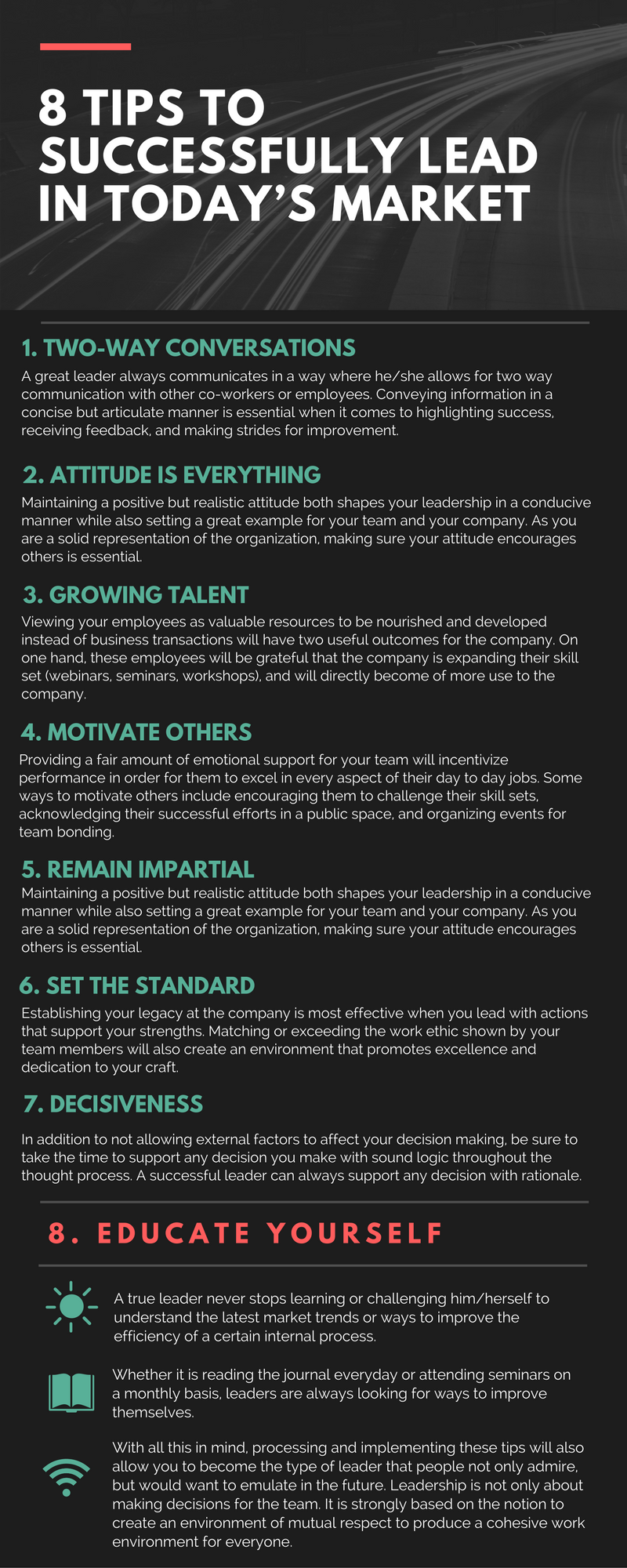Working from home can seem great at first, but it may get a bit more difficult as time goes on. Staying focused and making sure you have a productive workday from the comfort of your own home is a lot harder than it sounds. Luckily, there are a few things you can do throughout the day to help boost your productivity and keep you focused.
Take a Walk
One of the simplest ways to improve your focus at work is to just take a break and go for a walk. Take a pause from work and leave your desk for a while. After hours of staring at a laptop and sitting in one place, the body can start to wear down and your mind will easily lose focus. To make sure this doesn’t happen, stand up for a bit or take a walk around the block. It’ll improve your work and your day drastically.
Get Moving in Your Seat
When you’re not on a break or walking around, you can easily do some exercises while you are working. Engage in some seated exercises to get your blood flowing and keep your mind focused. Easy ones to try are neck flexion, upper trapezius stretch, strengthening shoulder shrug, chest bicep stretch, and more. If you’re going to spend all day at your desk, doing these exercises can make it easier and more comfortable for you.
Designate a Working Space
Be sure to pick a spot in your home and make it your designated working area. Even if you don’t have a desk, use the kitchen table, a chair in the living room, or even sitting on your bed. Just make sure to set it up in a way to assign it as your work area. And use it for only that If it feels too much like home, it can make staying focused a lot harder. By having a designated area, you are more likely to stay in the workflow and keep up your focus.
Set Up a Schedule
As you work from home, keep a detailed schedule for your day and make sure to follow it. Don’t just wake up, roll out of bed, and get to work two n=minutes after your alarm goes off. Set up your morning routine just as you would if you were heading out to work instead of working from home. Schedule in your breaks and write down goals for the day so you know what needs to be done and how much time you have to do it. This will allow you to have a more productive day.

